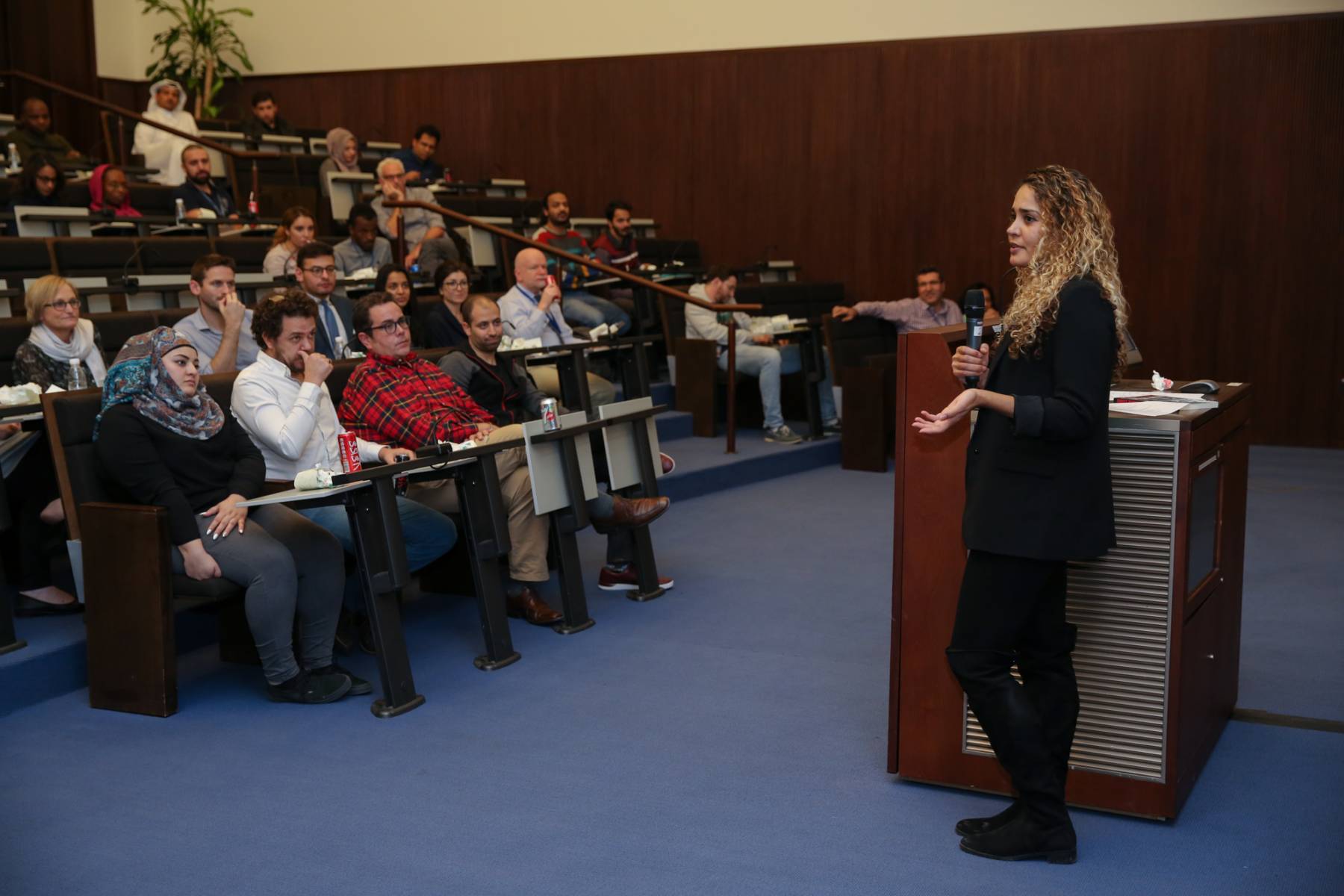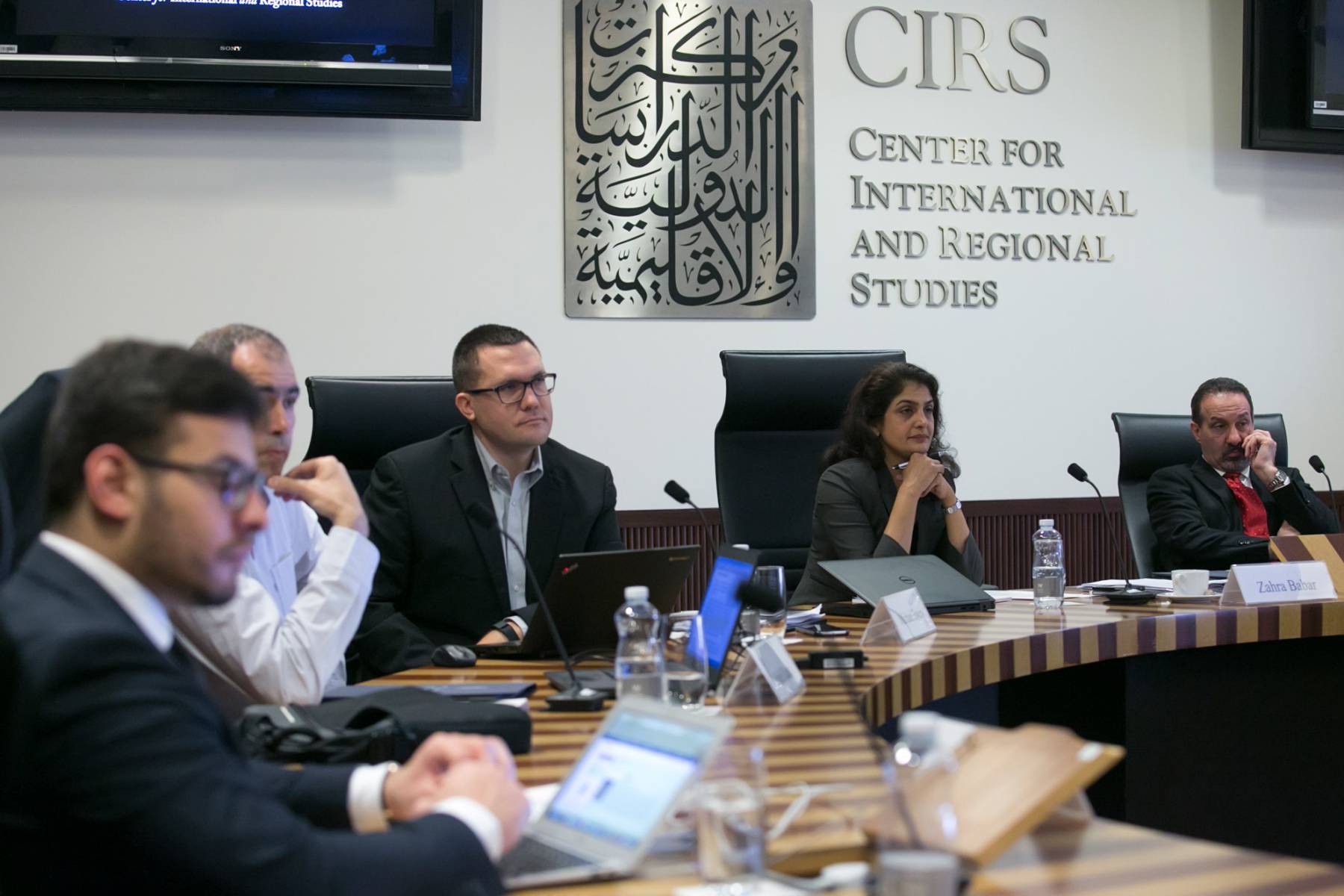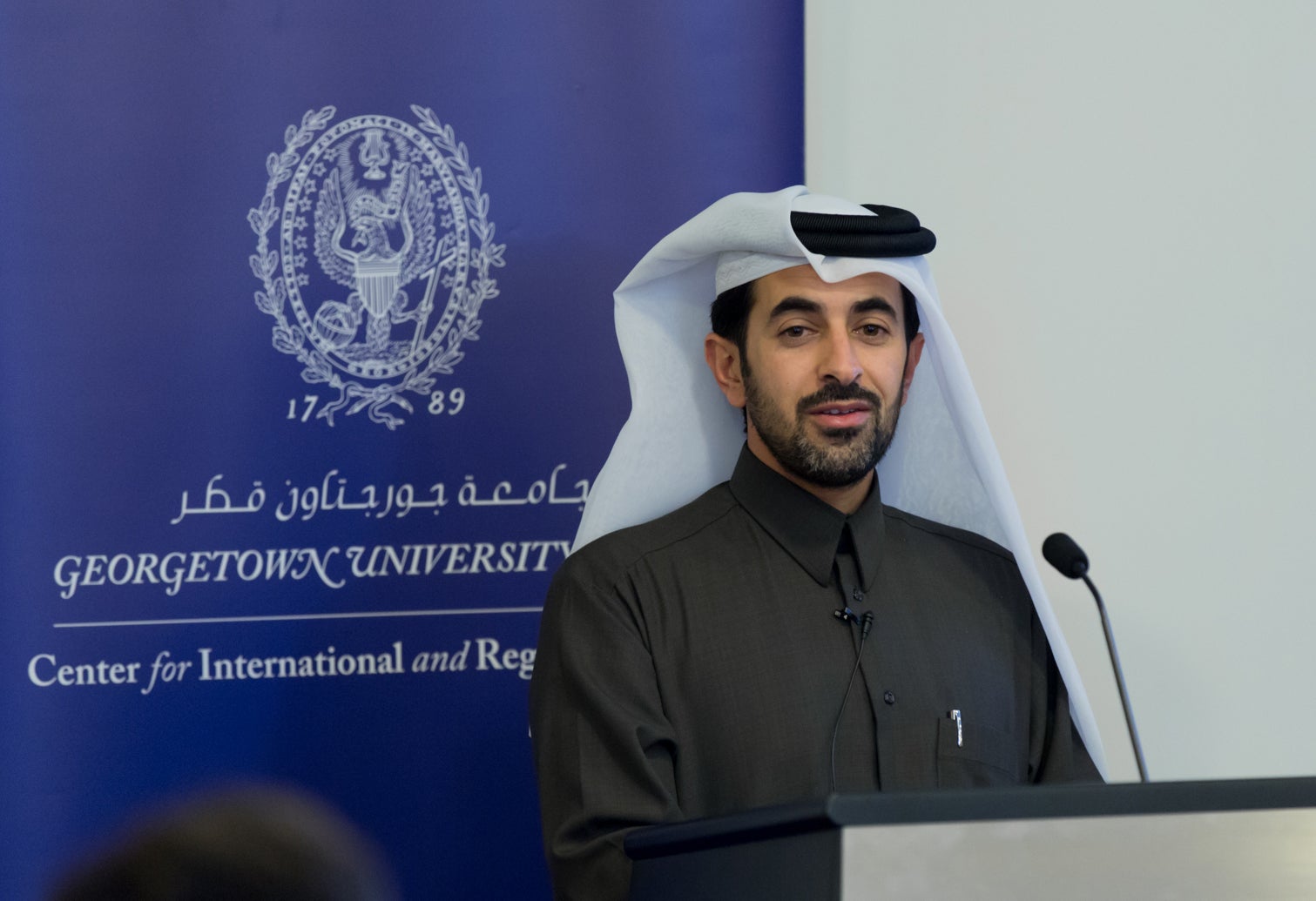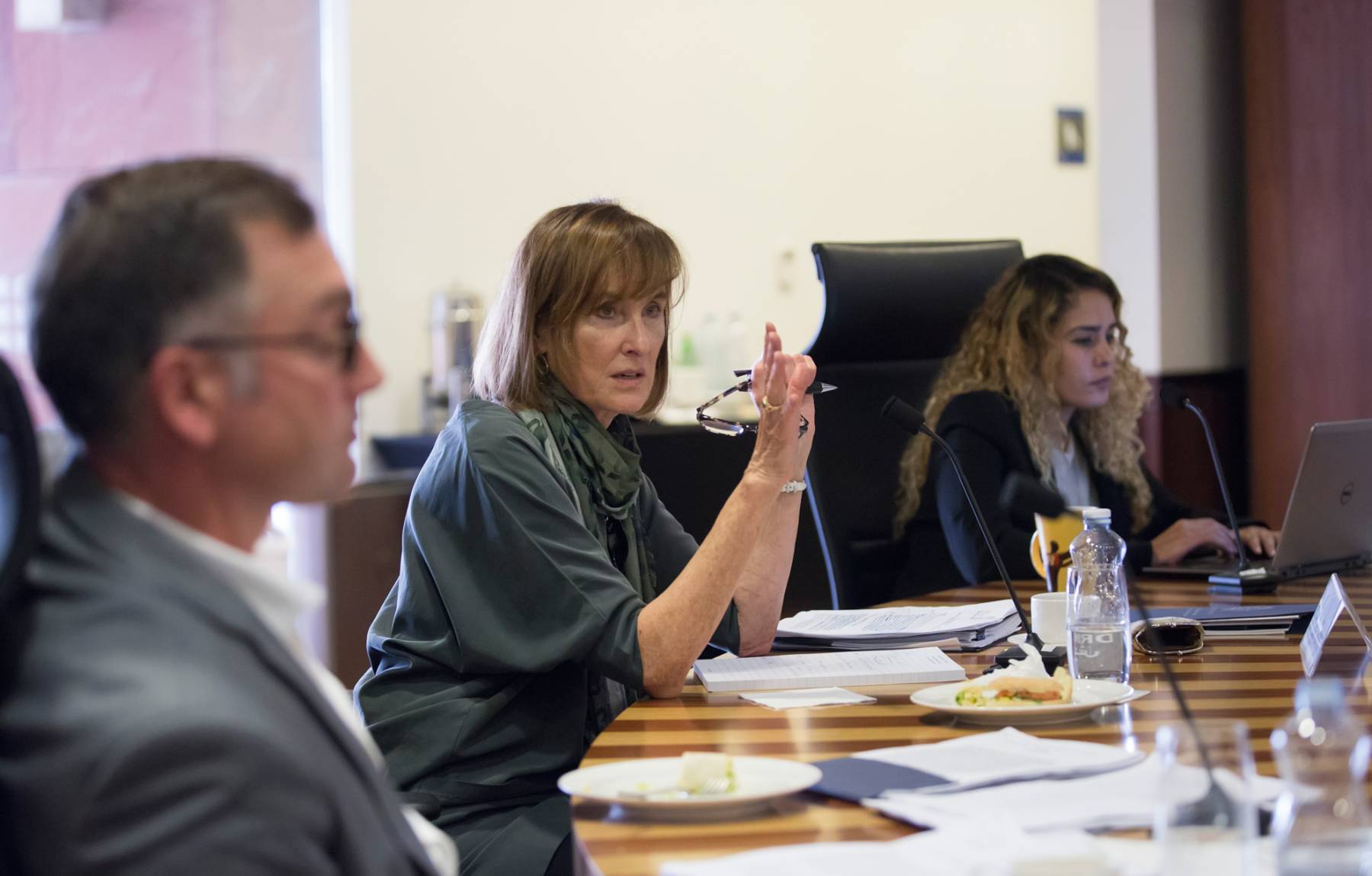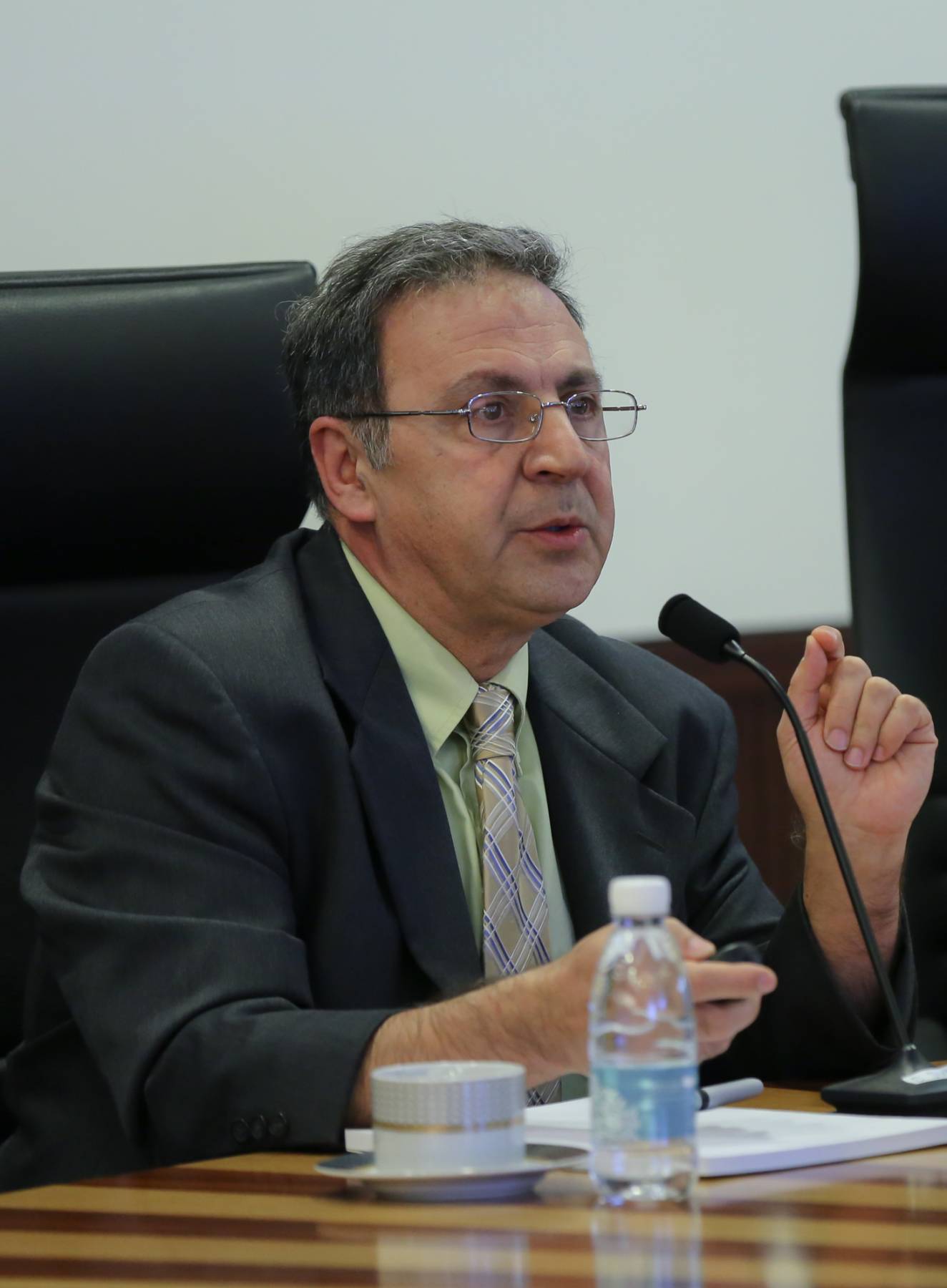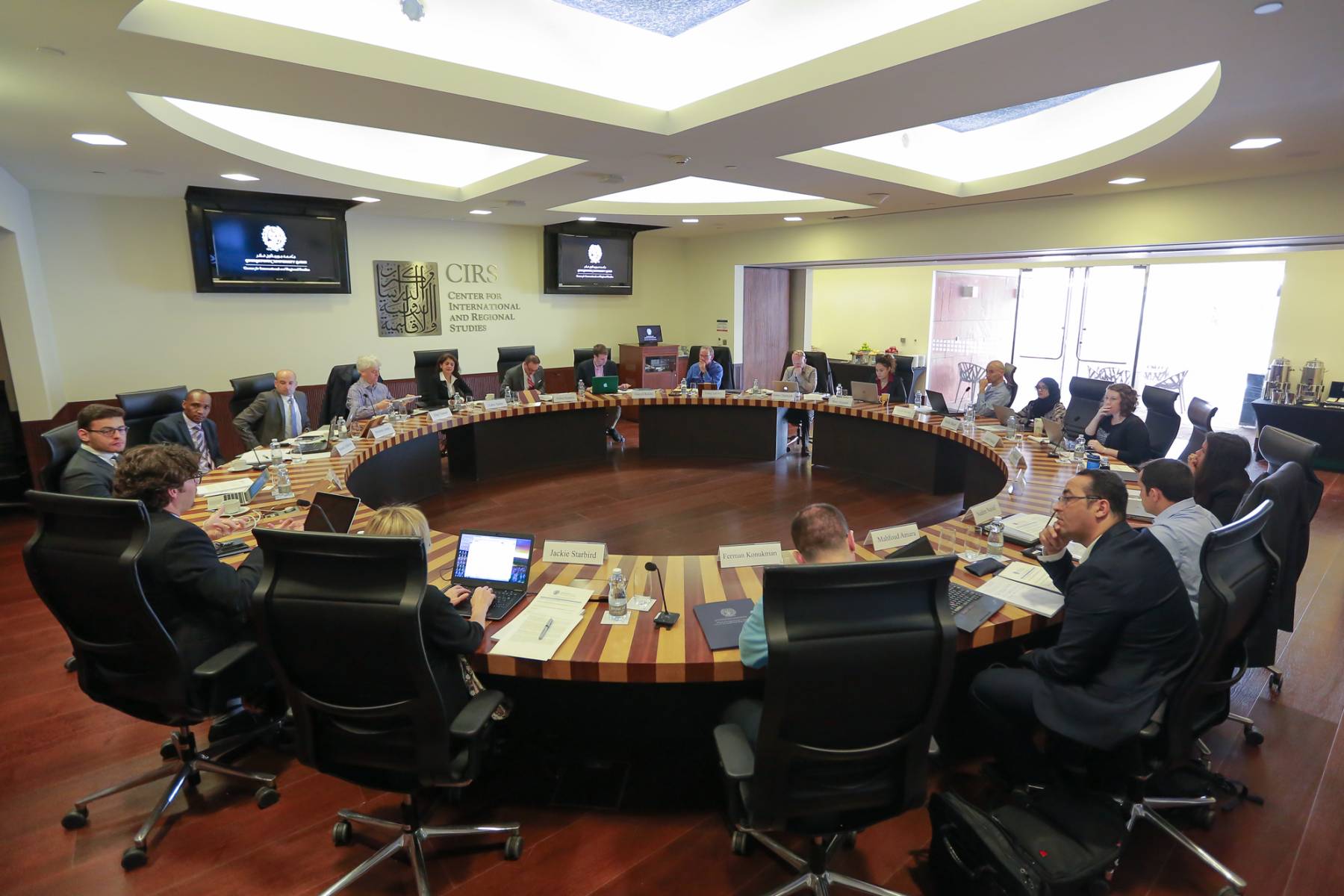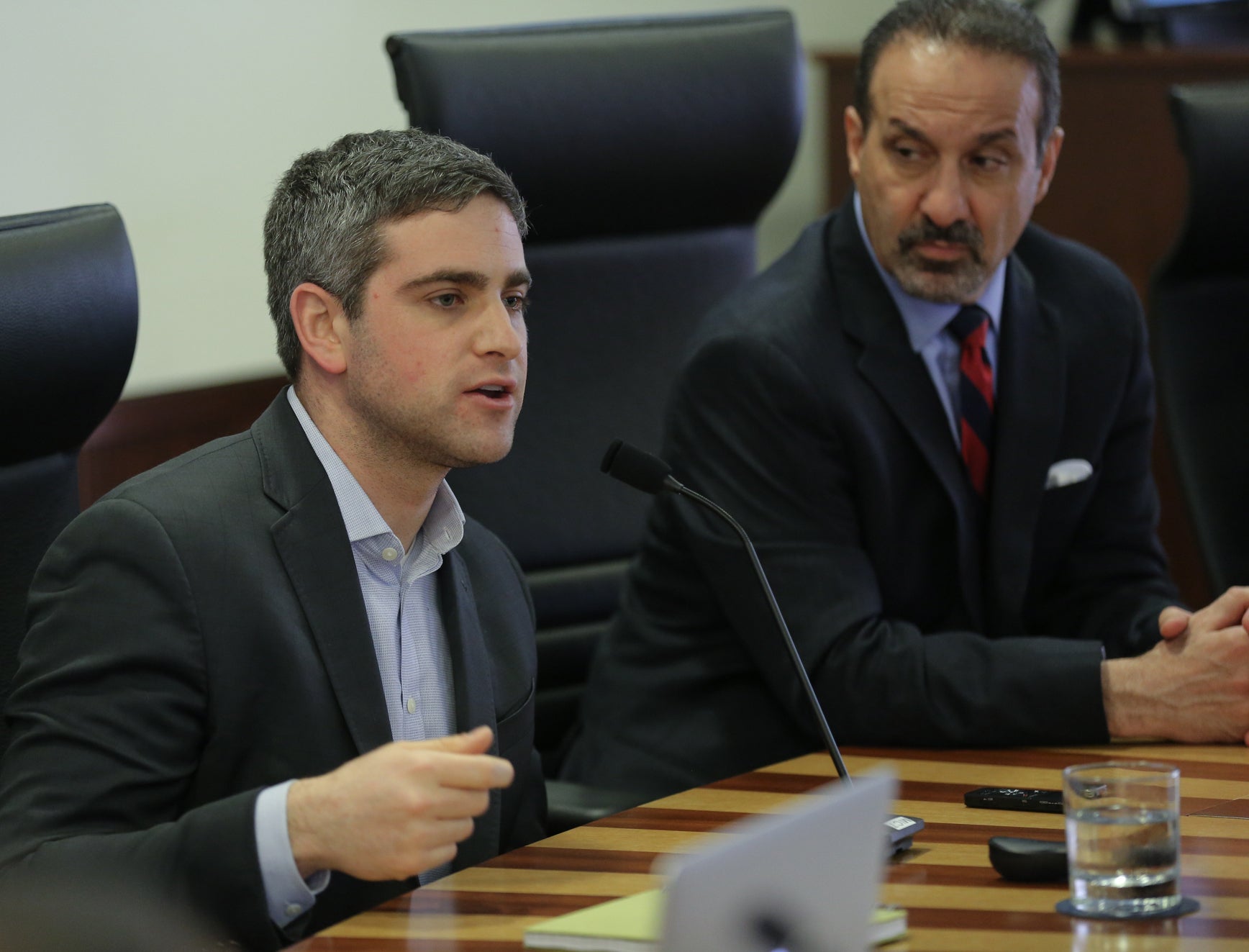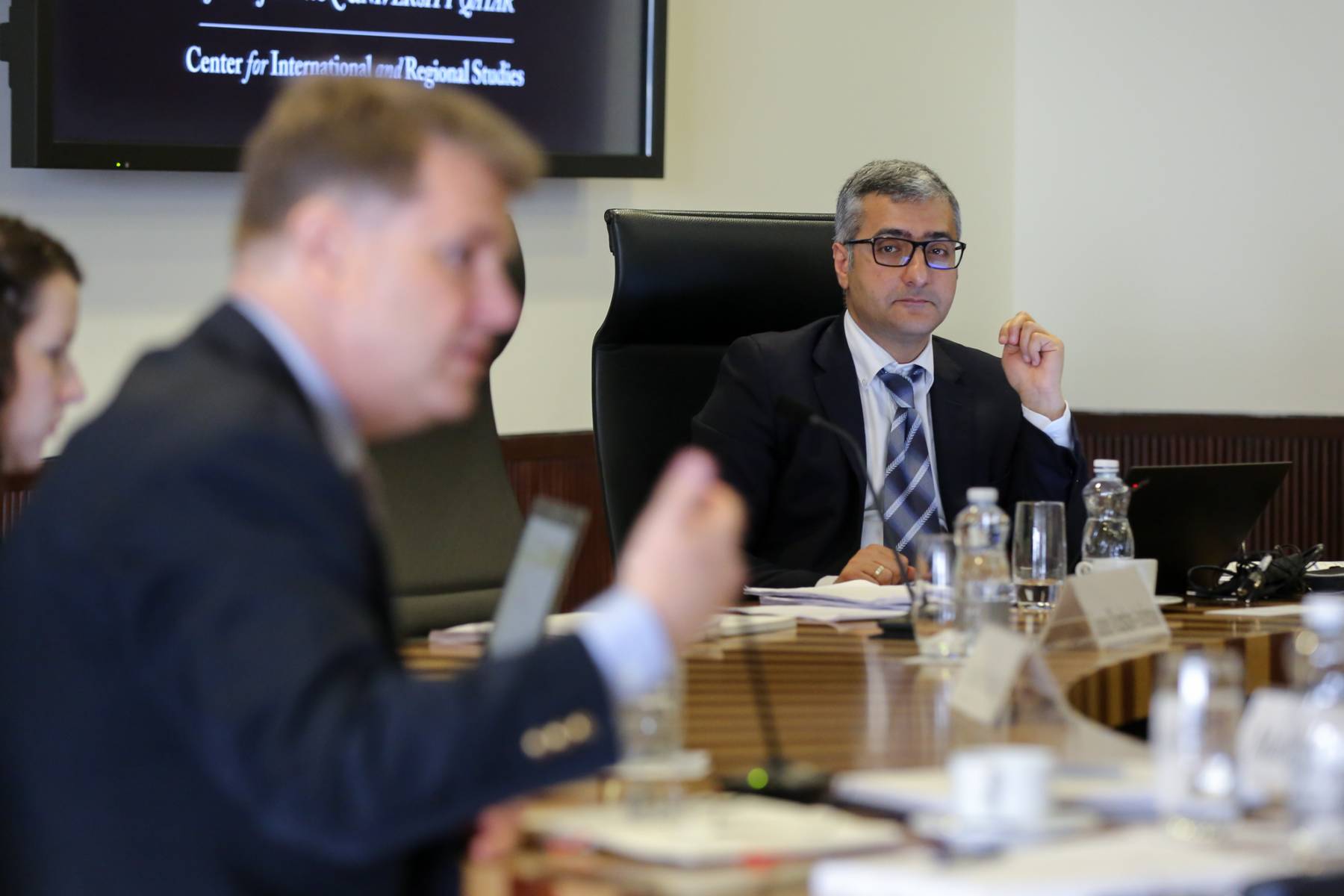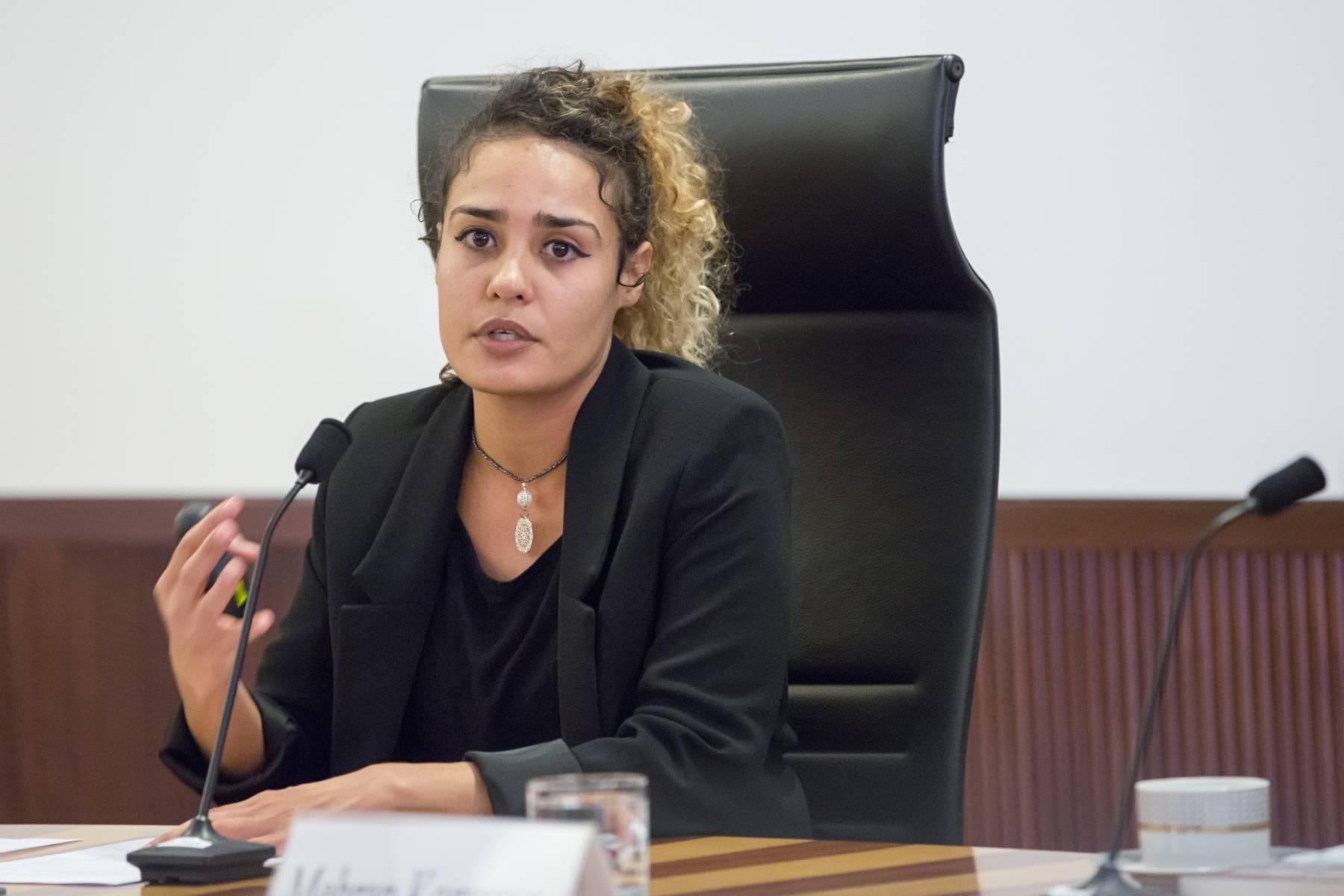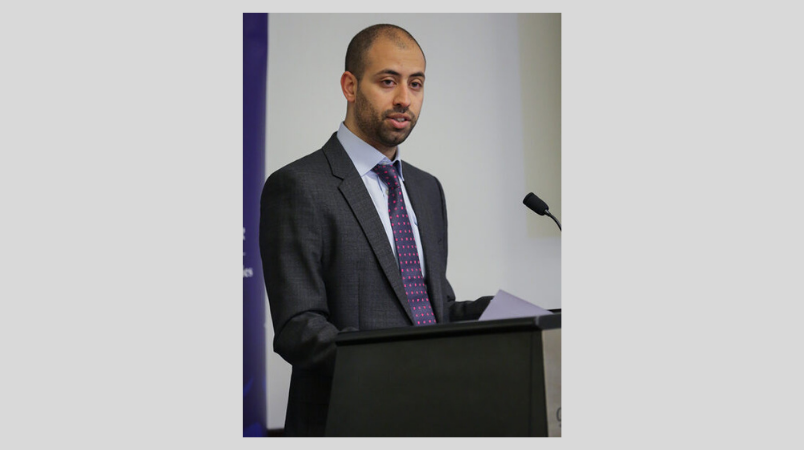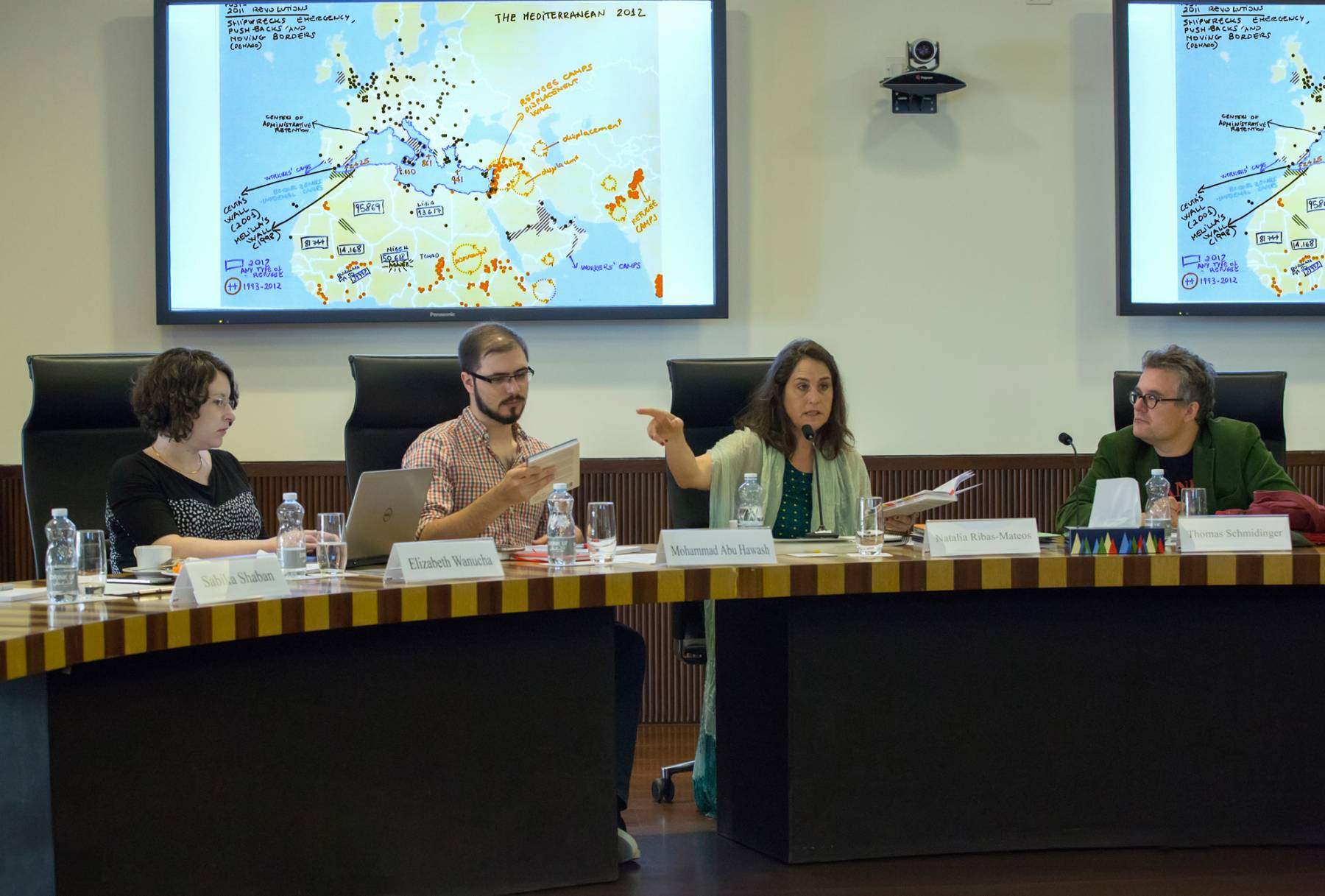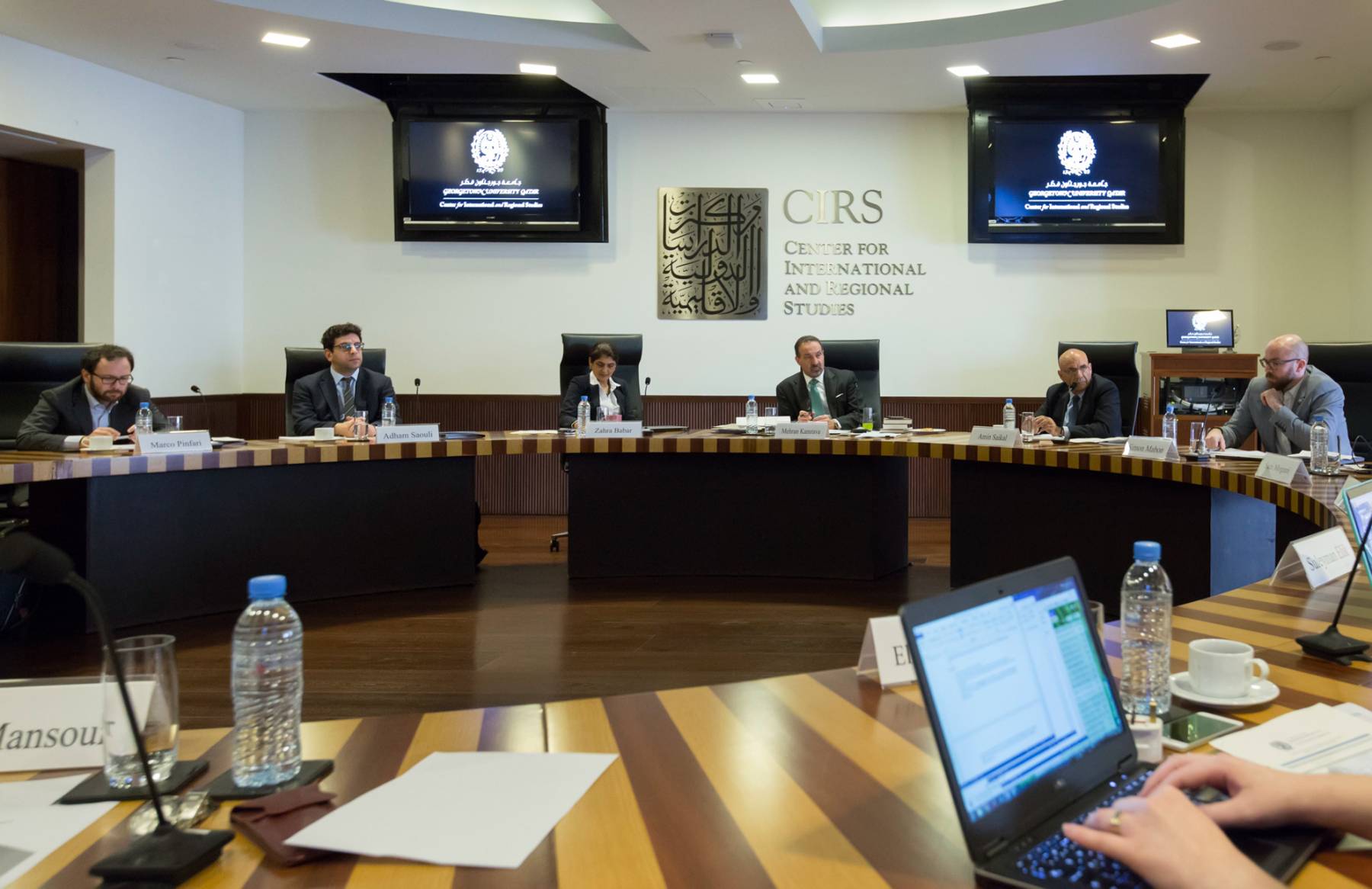
Middle Power Politics in the Middle East Working Group I
On January 15-16, 2017, the Center for International and Regional Studies held a working group under its research initiative on “Middle Power Politics in the Middle East.” Over the course of two days, participants identified key gaps in the literature on the international relations of the Middle East through the lens of middle power theory.…
